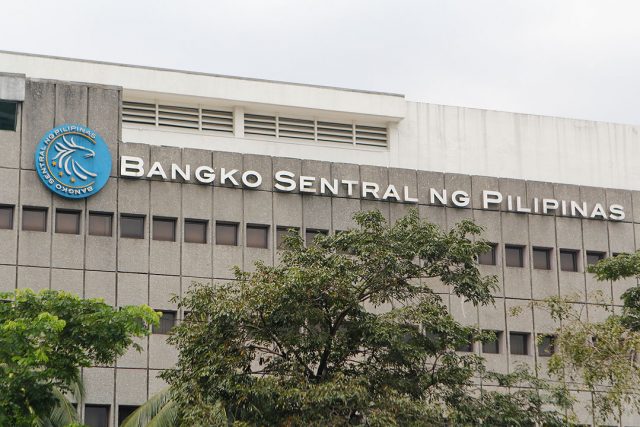Business groups, foreign chambers push for ratification of electric vehicle bill
INDUSTRY ASSOCIATIONS called on legislators to expedite the ratification of a bill promoting the adoption of electric vehicles (EVs) and laying out how they are to be regulated to pave the way for the Philippines to become a regional hub for the industry.
They said in a joint statement issued on Nov. 22 that they are confident that the measure will be sent to Malacañang before Congress goes on a one-month recess on Dec. 15.
“Passage of the bill will enable the Philippines to participate in what is becoming an enormous new supply chain of the EV industry, particularly components, batteries, and charging stations,” they said.
The ratification of House Bill 10213 and Senate Bill 1382 would also help the Philippines keep up with other countries in EV development, with the US a potential market after EVs and charging stations featured prominently in a recently-signed infrastructure bill.
A bicameral conference committee in Congress was due to meet to harmonize the two bills on Nov. 23, but the meeting was cancelled.
Pampanga Rep. Juan Miguel M. Arroyo, chairman of the House Committee on Energy, said in a Viber message that the Senate asked to reschedule the session. — Russell Louis C. Ku
Senators are currently busy tackling the 2022 national budget.
The bill will require establishments with 20 or more designated parking slots to dedicate 5% of their space for the use of EVs and provide charging points.
The bill, if passed, also establishes tax incentives for EV manufacturers, entities maintaining charging stations, and research and development centers.
Electric vehicles, charging stations, and materials for their assembly will also be exempt from customs duties and value-added tax for five years from the effectivity of the proposed law.
The bill will establish an Electric Vehicles Advisory Board composed of officials from various government agencies, including the Department of Energy and Department of Transportation, to formulate policy encouraging the de-velopment and commercialization of EVs.
The Comprehensive Roadmap on Electric Vehicles (CREV) will become the national plan to help boost the electric vehicle industry. CREV will be integrated with the Philippine Energy Plan and the National Transport Policy.
The statement was supported by foreign business chambers based in the Philippines, including the American, Australian-New Zealand, Canadian, European, Japanese, and South Korean business councils.
Other groups that backed the statement were the Electric Vehicle Association of the Philippines, the IT and Business Process Association of the Philippines, the Management Association of the Philippines, the Philippine Associa-tion of Multinational Companies Regional Headquarters, Inc., the Philippine Parts Makers Association, Inc., and the Semiconductor and Electronics Industries in the Philippines Foundation, Inc. — Russell Louis C. Ku













